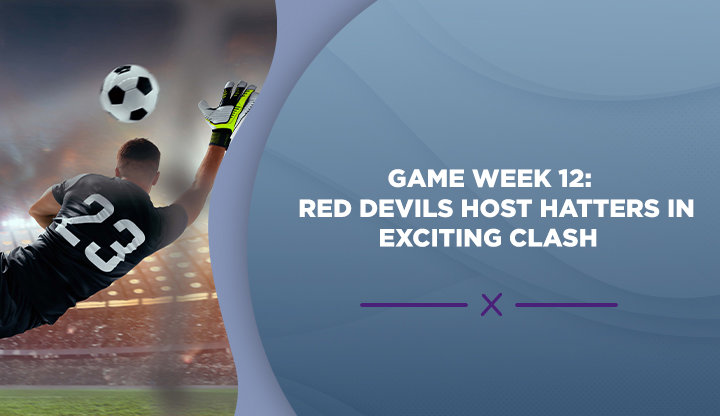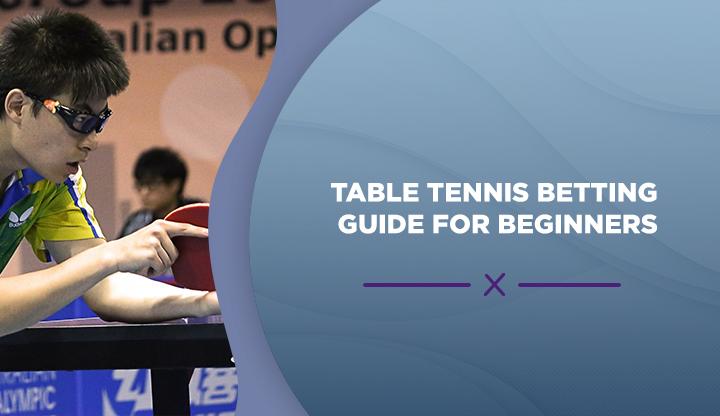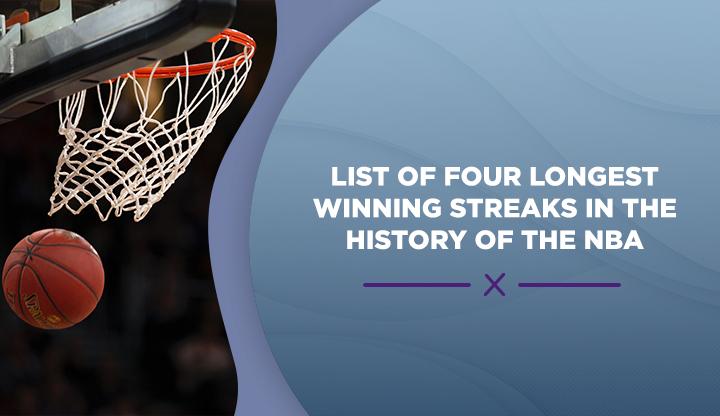A Short Glimpse Of The Horse Racing Odds
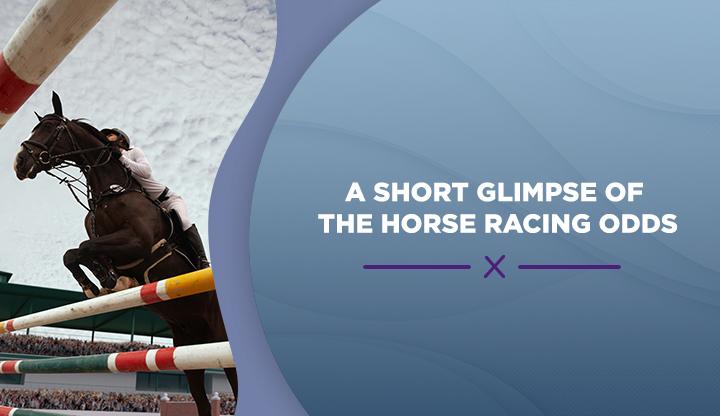
How do horse racing odds work, and what are they?
Horse racing odds are the estimated payback upon your investment if your bet pays off, with the odds or payoff reflecting the percent chance that your horse will clinch the championship to a certain extent. The lower the chances of succeeding, the bigger the reward.
Understanding odds is arguably the most crucial thing for horse racing newcomers or those inexperienced with off-track horse race betting.
Reviewing a list of payoffs or possible payoffs can be perplexing; for instance, the very first moment you read odds of 9-2 vs a horse or a pari-mutuel payout of $6.00, you may be unable to define what those numbers represent. But in actuality, they are relatively straightforward.
Types of horse betting odds
The odds are presented in one of two ways.-
Decimal
This sort of betting odds has recently become popular in the business, and it is more widespread in Europe. These are shown in the form of 5.00, and your investment is already included. Multiply the chances by your wager to obtain your possible return. For example, if the probabilities are 5.00, multiply that by your bet to get your potential profits.
-
Fractional
Are by far the most traditional and often used and are denoted as 4/1. In spoken language, this combination is termed as "four to one." You can examine such odds and determine that you will earn $4 for every $1 wagered (along with your initial wager).
Horse racing odds terminology definitions
If you don't understand and utilise horse racing odds vocabulary, you'll be an amateur. Here is a list of some of the terms you'll need to know:
-
Late Money
When a horse receives a large wager just prior to a race.
-
Odds-On
When a solid favourite to win has to spend more money to win, this is referred to as a "long shot." A horse with a 1/3 chance of winning is a sure thing.
-
Fixed-Odds
A wager in which you obtain the superior operator's odds at the instant you put your bet.
-
Short Odds
Although you have a reasonable probability of winning, you will probably make a modest profit. A 6/4 odd is considered short odds.
-
Long Odds
This is a wager on the underdog, and however, if you succeed, you'll get several times your money back. A horse with a 50/1 chance is a long shot.
-
Carryover
The amount from a pari-mutuel pooling if no one correctly chooses the winners. The cash left over in the pool is transferred to the next pool account.
-
Odds board
The tote board, which is most commonly located in the infield.
-
Minus Pool
The racetrack is obligated to make up the gap if the overall sum of bets is inadequate to pay the owners of the successful ticket the statutory minimums.
-
Consolation
A payment even if no one correctly predicts the victors, the Pick 6 will award a tiny consolation reward to a player that "nearly" wins - thus the phrase "consolation prize." The consolation prize is generally a fraction of the total prize.

Analyse the horse racing odds
How does one interpret horse racing odds? Let's start from the beginning.
Favorites
There is a favourite in every race. That is the horse that has the best chance of winning. If many horses have identical odds of winning, "JF" (joint-favourite) may be indicated.
Changes in the odds
The horse betting odds will vary according to how many punters are wagering on every horse participating in the event up to posting time, whether on your online casino and bookmaker or at the racetrack on the tote board.
Probability
Probability % may be easily calculated from fractional probabilities. So, for instance, 1/1 odds imply that there shall be a single victory for every defeat, leaving you with a 50% odds of succeeding and so on.
The Morning line
There have been "morning line" odds before any of the active gambling begins. The track's handicapper assigns these odds to every horse. These can be found in the brochure, race form, or at your favourite online casino/sportsbook. However, morning lines are seldom used in contemporary horse racing because they vary dramatically as more significant bets are made.
Calculating betting payouts and odds
The premise that the odds vary with each stake is one of the reasons behind the problematic nature of horse race betting. Pari-mutuel betting, sometimes referred to as pool betting, is a term that relates to this volatility. You gamble opposing the house in regular wagering games. But in horse racing, you are playing against the other punters.
Whenever the victorious horse has completed the race, the house will deduct its cut, and the leftover cash will be given to those who bet on the winning horse.
The finest odds in horse racing
As you've now learned to read and calculate the odds for horse racing, it's time to put your bet! If you're taking part in the competition, it's good to know your chances of winning on the big occasion. Of course, some horse racing wagers have higher odds than some others. Here's a brief reference graphic that outlines the odds of winning the various sorts of bets described previously, as well as the expected payoff.
|
Type of bet |
Expectations |
Odds of success |
|---|---|---|
|
Superfecta |
It's difficult to wager without a huge bankroll, yet large rewards are regular |
Extremely hard |
|
Trifecta |
Riskier gamble that has the potential to pay out some or a lot, based on the amount staked on each pick. |
Very hard |
|
Exacta |
Riskier gamble that has the potential to pay out some or a lot, based on the amount staked on each pick |
Hard |
|
Win |
Payouts are higher than those at the other tables and are decided by the victory odds. |
Average |
|
Show |
Payouts are reasonably modest |
Very good |
|
Place |
Payouts are preferable to displays |
Good |
Summary
There are so many things to think about when it relates to horse racing odds that it's no surprise that several people feel perplexed. However, remember that the best ten jockeys come out on top of around 90% of the races held during the meet, whereas favoured horses win approximately 33% of the occasion and have modest payoffs.
Have a good day at the racetrack, and don't be afraid to take a risk and give it your best shot! BritainBet is a great place to learn about horse racing and other types of sports betting. We hope that this article clarifies horse racing odds and helps you become a more confident bettor.
Table of Content
-
How do horse racing odds work, and what are they?
-
Types of horse betting odds
-
Decimal
-
Fractional
-
Horse racing odds terminology definitions
-
Late Money
-
Odds-On
-
Fixed-Odds
-
Short Odds
-
Long Odds
-
Carryover
-
Odds board
-
Minus Pool
-
Consolation
-
Analyse the horse racing odds
-
Favorites
-
Changes in the odds
-
Probability
-
The Morning line
-
Calculating betting payouts and odds
-
The finest odds in horse racing
-
Summary
RECENT

Champions League
Constitution Hill’s Champion Hurdle Prep Disrupted after Unsatisfactory Scope
Jan 23rd, 2024 By Ben Joseph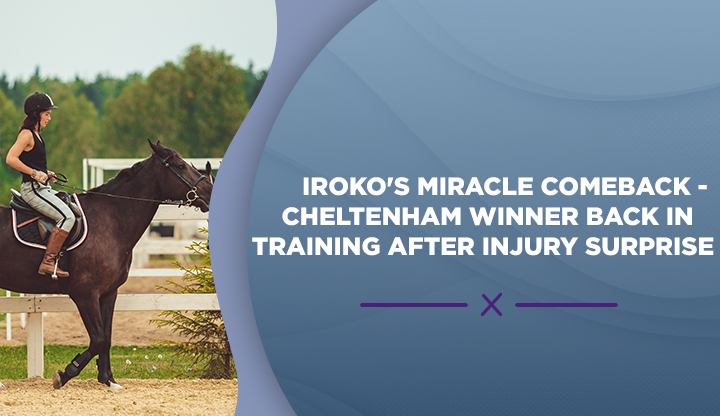
Premier League
Iroko’s Miracle Comeback – Cheltenham winner back in training after injury surprise
Jan 23rd, 2024 By Ben Joseph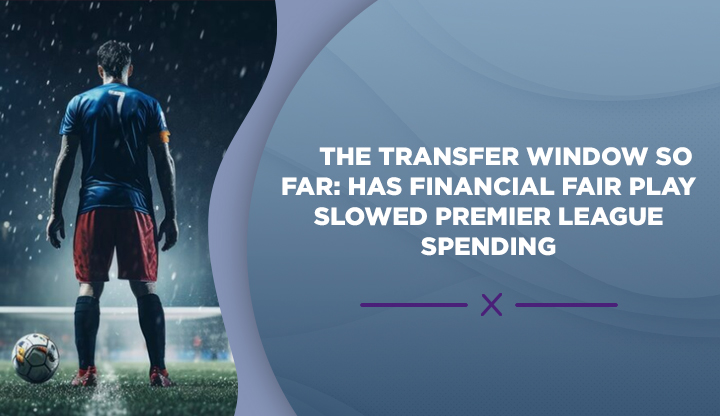
Premier League
The Transfer Window So Far: Has Financial Fair Play Slowed Premier League Spending?
Jan 23rd, 2024 By John McMullen
Football, Premier League
Game Week 13: High-Flying Bees Host Red Hot Gunners
Nov 20th, 2023 By John McMullen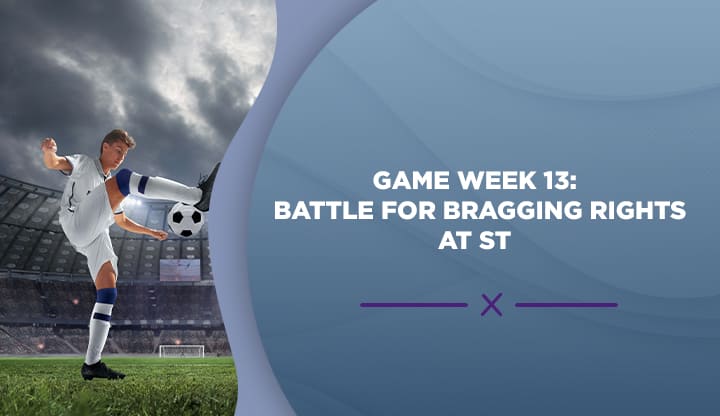
Football, Premier League
Game Week 13: Battle For Bragging Rights at St. James’ Park
Nov 20th, 2023 By Ben Joseph
Football, Premier League
Game Week 13: Title Showdown at Stamford Bridge
Nov 20th, 2023 By John McMullen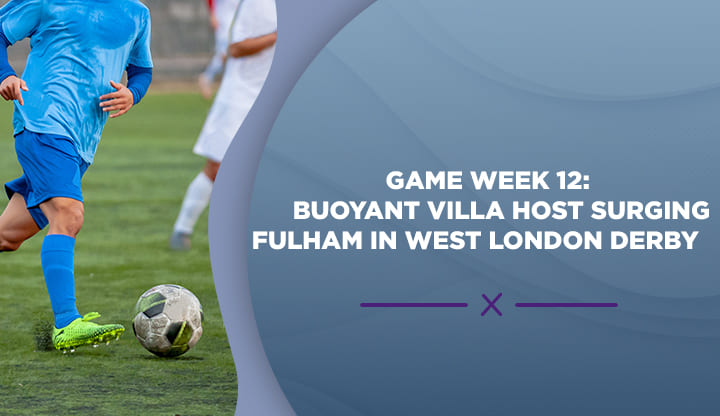
Football, Premier League
Game Week 12: Buoyant Villa Host Surging Fulham in West London Derby
Nov 10th, 2023 By Ben Joseph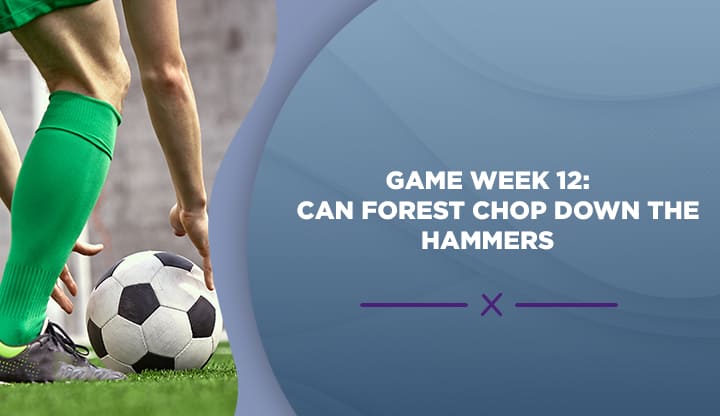
Football, Premier League
Game Week 12: Can Forest Chop Down the Hammers?
Nov 10th, 2023 By John McMullen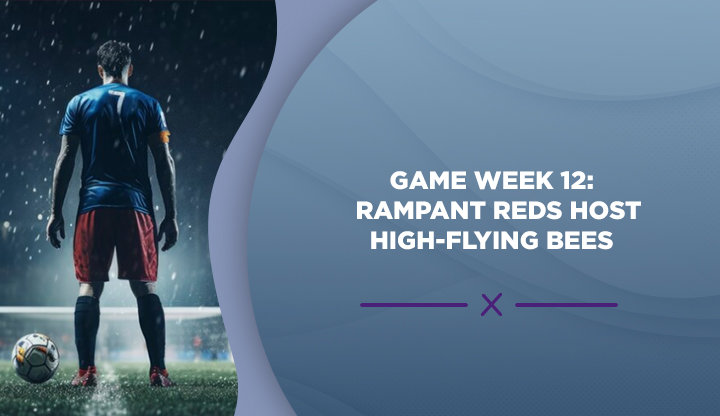
Football, Premier League
Game Week 12: Rampant Reds Host High-Flying Bees
Nov 10th, 2023 By Ben Joseph
Football, Premier League
Game Week 12: Can Plucky Blades Clip High-Flying Seagulls’ Wings?
Nov 10th, 2023 By Ben Joseph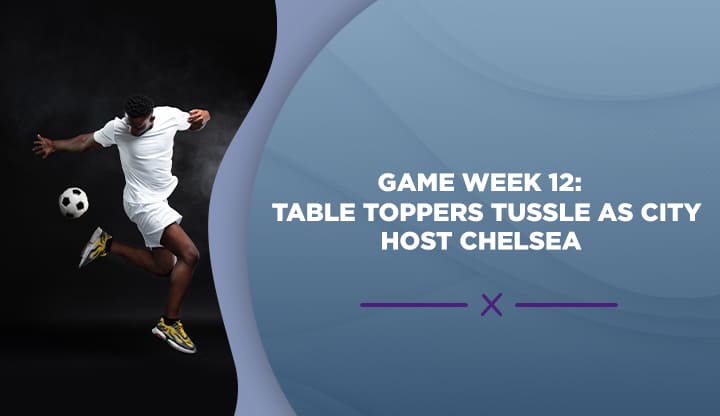
Football, Premier League
Game Week 12: Table Toppers Tussle as City Host Chelsea
Nov 10th, 2023 By Ben Joseph